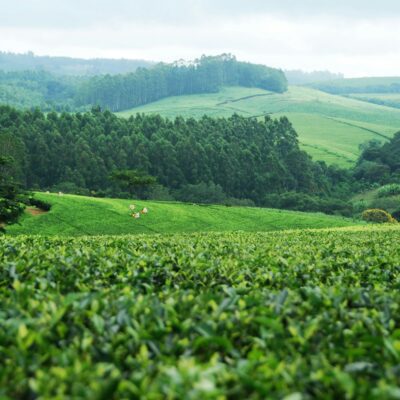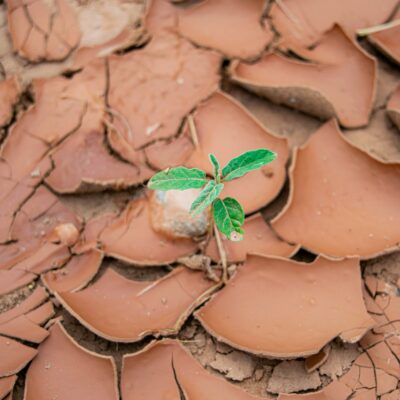 Wheat field. Photo: Erik-Jan Leusink / Unsplash
Wheat field. Photo: Erik-Jan Leusink / Unsplash
The current geopolitical situation cannot fail to have a direct impact on the humanitarian aid and supply of countries that depend on food support. As a matter of fact, the operational cost of delivering food to the world’s poor and conflict-afflicted has gone up 50% since 2019, with a sharp spike this year due to the Russian invasion of Ukraine, the World Food Programme said Friday.
Understanding the operational context
David Beasley, the executive director at the World Food Programme, is warning of “extraordinary conditions” in six to nine months unless other food-producing countries compensate for shortages resulting from Russia’s war on Ukraine.
Russia and Ukraine are both major food commodity suppliers for WFP — together accounting for nearly 30% of global wheat exports — and U.N. agencies are trying to purchase as much food from Ukraine’s markets as they can.
Effects
During an International Monetary Fund event Friday, David Beasley said he was worried that an inflationary price problem could soon turn into a shortage of agricultural supplies, given the agency’s huge reliance on Russia and Ukraine for these.
“The ripple effect of Ukraine is going to be substantial,” Beasley said, adding that already “we don’t have the resources to buy what we need to buy.”
“The availability of food is going to become a heck of a problem in about six to nine months,” David Beasley said. “Most people don’t realize Ukraine grows enough food to feed 400 million people, and if the agricultural leaders of the world can’t compensate fast enough, if the war doesn’t end quick enough, you are going to have extraordinary conditions,” he said.
Some of the countries most affected by the rising food prices are in Africa. The situation risks adding to already precarious situations, especially in contexts already devastated by severe droughts since the beginning of the year. These include the Democratic Republic of Congo and South Sudan, where WFP is already cutting rations.
Text adapted by the SweDev Secretariat from the original articles written by Shabtai Gold (Devex News) and Vince Chadwick. Both articles appeared in Newswire edited by Michael Igoe.










